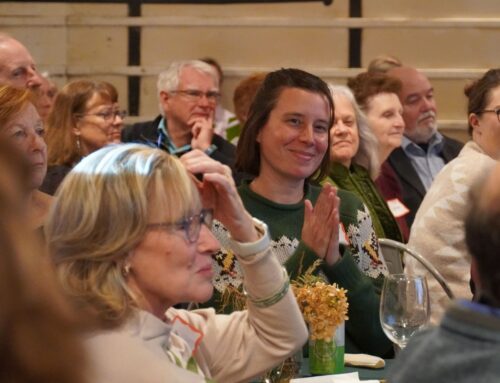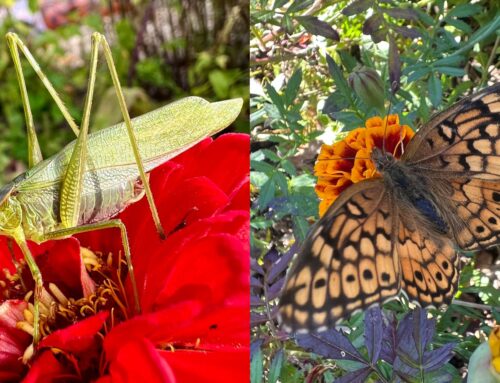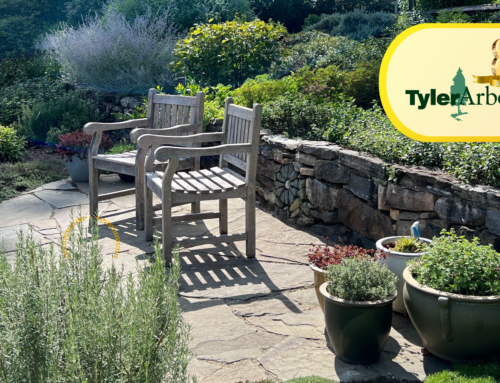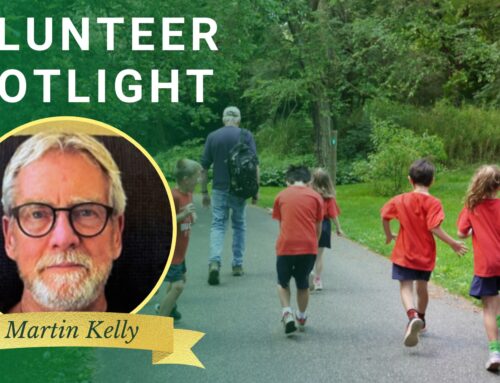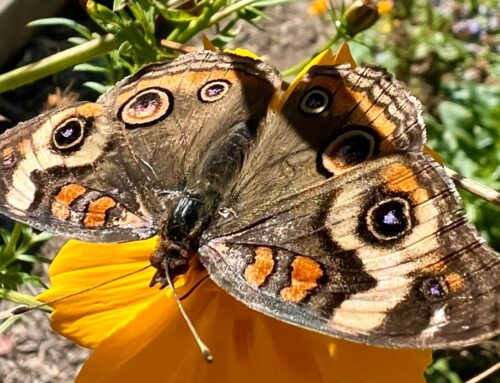When I was 23 years old and working in rural Kentucky as a teacher, a local nurse asked if I would be interested in helping her harvest honey from her two hives. Of which, one of her hives was about 12 feet from the front door of my little cottage near the top of one of Appalachia’s rolling hills.
Who would have guessed, 40 years later, I would once again be curious about honeybees. I never forgot that special time with the bees. So, upon retirement, I signed up for Tyler’s six-month Intro to Beekeeping program (April – October).
Curiosity always seem to get the best of me. I began wondering how the class of 2022 was fairing with their bees. Their responses were enlightening and encouraging. Here are their answers.
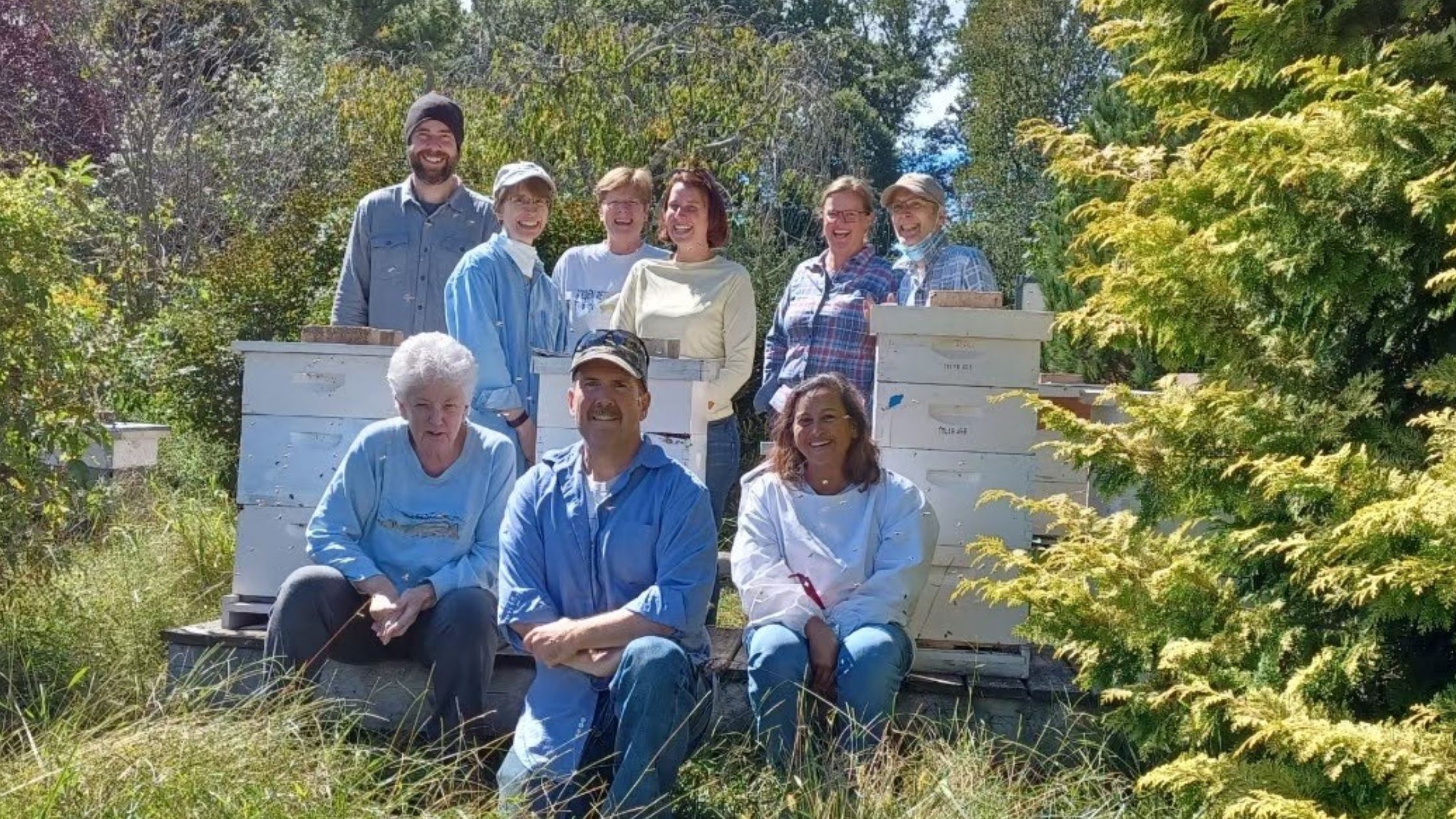
1. Who do you think should take the beekeeping program?
Anyone who has an interest in what it is like to keep bees.
Those who may consider keeping bees in the future.
Someone looking for the basic building blocks to keeping bees.
Someone who like myself, wondered whether they could stand close to 50,000 bees and not be too nervous to tend them. Turns out, I could stand comfortably and even peacefully amidst Tyler’s apiary containing more than 500,000 bees.
2. In what ways was Tyler’s beekeeping program helpful to you?
It created an open environment where I could work with people of the same skill level (next to none) on what it is like to keep bees.
From learning about the equipment, to doing inspections and honey extractions and bottling, it was a great place to begin learning all about it.
The hands-on experience, including learning how to use essential beekeeping tools, like a smoker and hive tool, as well as practicing how to open a hive, manipulate frames of bees, and find the queen. Ultimately, the course gave me the confidence I needed to get started.
Learning that beekeepers have different opinions of how things out to be done.
As a visual and kinestetic learner, I appreciated the chance to see and touch what beekeeping is all about. It helped me learn way quicker than if I had merely read about beekeeping.
It introduced us to people and connected us to nature. Best of all, I met equally bee-crazy friends! Beekeeping is often a solo activity, but I find that it’s more rewarding when shared.
It brought the joy of discovery, such as tasting honey at the hives.
It gave us a new appreciation of what it takes to produce honey.
It allowed us to have conversations with a cousin who keeps bees and thus restore a frayed relationship.
I find being in my bee yards a great way to manage my anxiety.
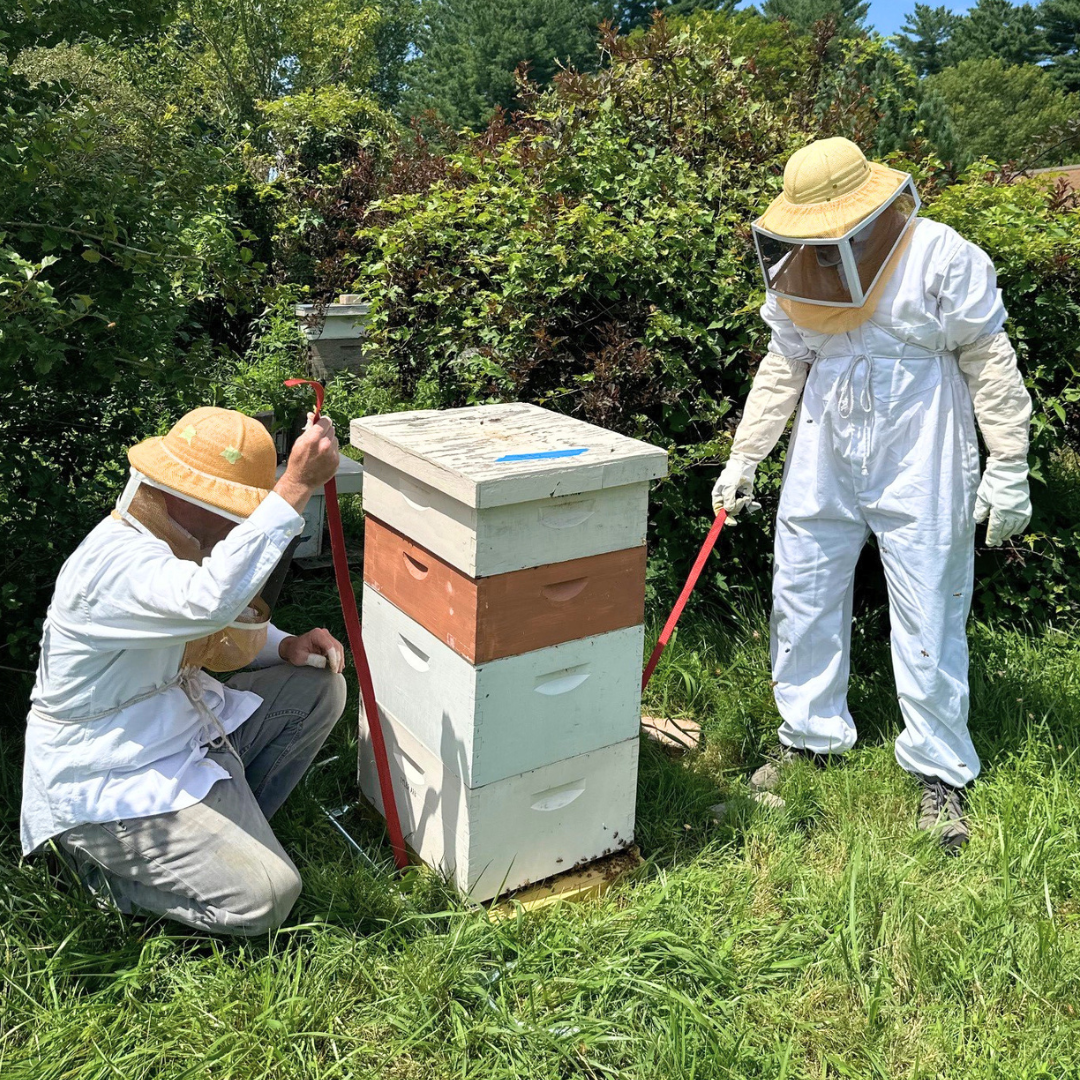
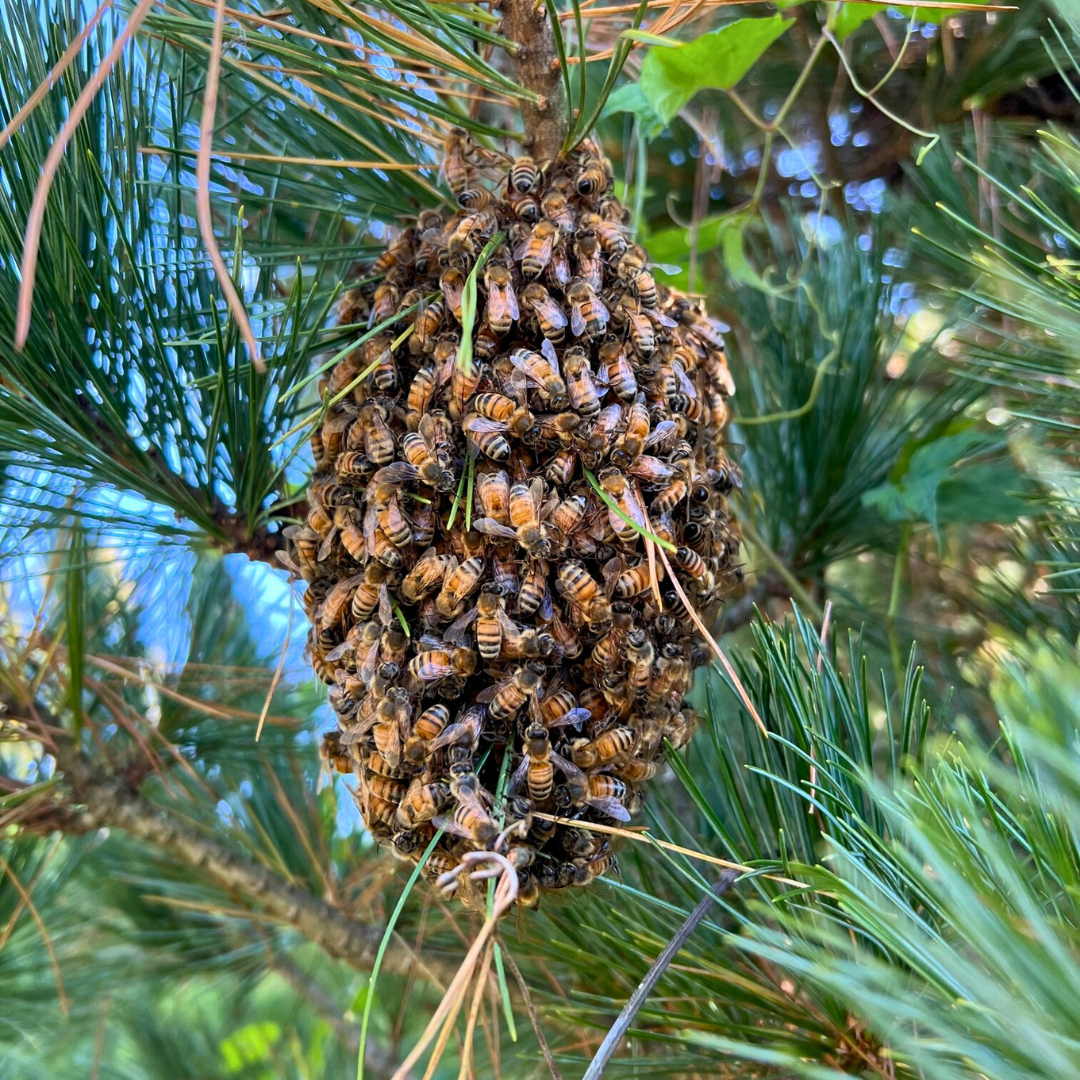
3. What have you been doing regarding bees since the 2022 beekeeping program?
Three class members had begun their hives just before taking the class.
Two classmates acquired a colony of bees when they began the course in Spring 2022. Three classmates acquired an overwintered nuc (nucleus colony) and a package of bees in Spring 2023.
Two classmates did not have a location to keep a hive.
Three class members got a firm “No” from their spouses to have hives in their backyard, so they banded together and made a deal with a local retreat and conference center for their apiary and the use of the land in exchange for 25% of the honey (84 lbs. from two hives).
Classmates have supplied pine needles for other classmates smokers, which sparked the givers to see pine needles as a viable source of mulch for their garden beds.
Many are buying more native plants and have planted a pollinator garden in Spring, 2023.
When it comes to those still keeping bees each of us has had one, two, four and eighteen hives. They have come from purchasing packages and nucs, splits, collecting swarms, and performing local cutouts.
Each classmate who is still active in keeping bees is looking to have more hives come Spring, 2024.
Two classmates are helping family and a friend start beekeeping.
4. If you are currently keeping bees, what do you find most rewarding and what do you find most challenging?
It’s been eye-opening to realize how much work it is to keep bee colonies healthy and thriving so that they don’t swarm (when the queen leaves and takes half the hive because it has become too crowded), don’t succumb to pests and disease, and survive the winter. But, working through the challenges makes it even more rewarding to watch the bees at work…and nothing can beat that first taste of your own spring honey.
I love being with the bees, they are fascinating, calming, smart and amazing. Every time, I open the hive or just watch them fly in and out of the hive I learn something new. I miss them during the winter, and I can’t wait till Spring comes.
Finding how to keep out the bears. (This classmate has his four hives at his second home in the Poconos.)
All beekeeping graduates who had hives have also lost them, and all except two are continuing in beekeeping despite their hive losses.
Two members of the 2022 class have found mentors through the Chester County Beekeepers Association and the Philadelphia Beekeepers Guild. Others participate in Zoom Bee Chats with fellow beekeepers, attend monthly beekeeper association meetings, join annual beekeeping conferences, read bee books such as “The Backyard Beekeeper” by Kim Flottum and a guide published by Penn State Extension titled “Beekeeping Basics,” engage with and purchase honey from other beekeepers while traveling, and subscribe to monthly magazines like the “American Beekeeping Journal” and “Bee Culture.”
That’s all the buzz for now!
Join Introduction to Beekeeping Program for a hands-on deep dive into managing honeybee colonies throughout the entire beekeeping season!
The last day to register is March 20, 2024.
My heartfelt thanks to A. J. Foster, Ed and Laura Hart, David Henderson, Yasmine Iqbal, and Betsy Lacey for their contributions to this blog.


